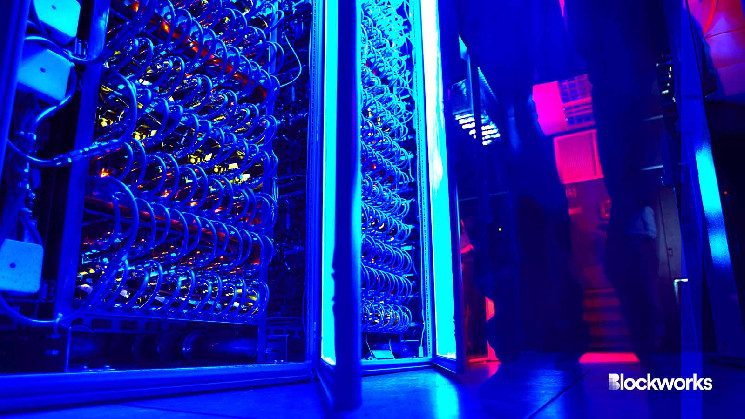Polish scientists have created an enormous community to simulate the origins of life on Earth. They used “prebiotic feedstocks” like water and nitrogen to hint how early compounds ultimately led to human existence.
The researchers, working out of the Institute of Natural Chemistry in Poland, first printed an article in Science in 2020 wherein they created a model of this community — albeit one with limitations.
The Golem community, working as a layer-2 distributed computing platform, enabled the researchers to assemble a community that was 100,000 instances bigger than their preliminary try.
Learn extra: We have to decentralize science
In a paper printed within the educational journal Chem, the researchers element how this “counterintuitive marriage” between crypto and origins of life analysis allowed them to tug off a far greater model of the community without having entry to supercomputing sources.
Golem’s community operates on a peer-to-peer foundation, the place people can lease out their idle computing energy in change for GLM tokens, the native cryptocurrency of the Golem community.
The researchers simulated 11 billion reactions comprising 20,000 CPU cores on Golem. They paid out 82,000 GLM to the computing energy suppliers which translated to roughly $38,000 on the time.
At GLM’s present value, the tokens could be value roughly $17,000. Within the article, the analysis group estimates that working the simulation with Web2 cloud suppliers would have value $80,000.
Crowdfunding-like approaches to educational analysis are considered one of crypto’s burgeoning use instances.
Coinbase CEO Brian Armstrong has been promoting off 2% of his COIN fairness to fund ResearchHub. The “GitHub for scientists” funds analysis by doing issues like paying for peer evaluations. Its native ResearchCoin appreciated by 1000% in late 2023.
Learn extra: Do science, earn crypto: Coinbase CEO’s different startup sees report value rally
Educational professionals in underfunded analysis areas have additionally more and more been turning to DAOs as a neater stream of funding.






